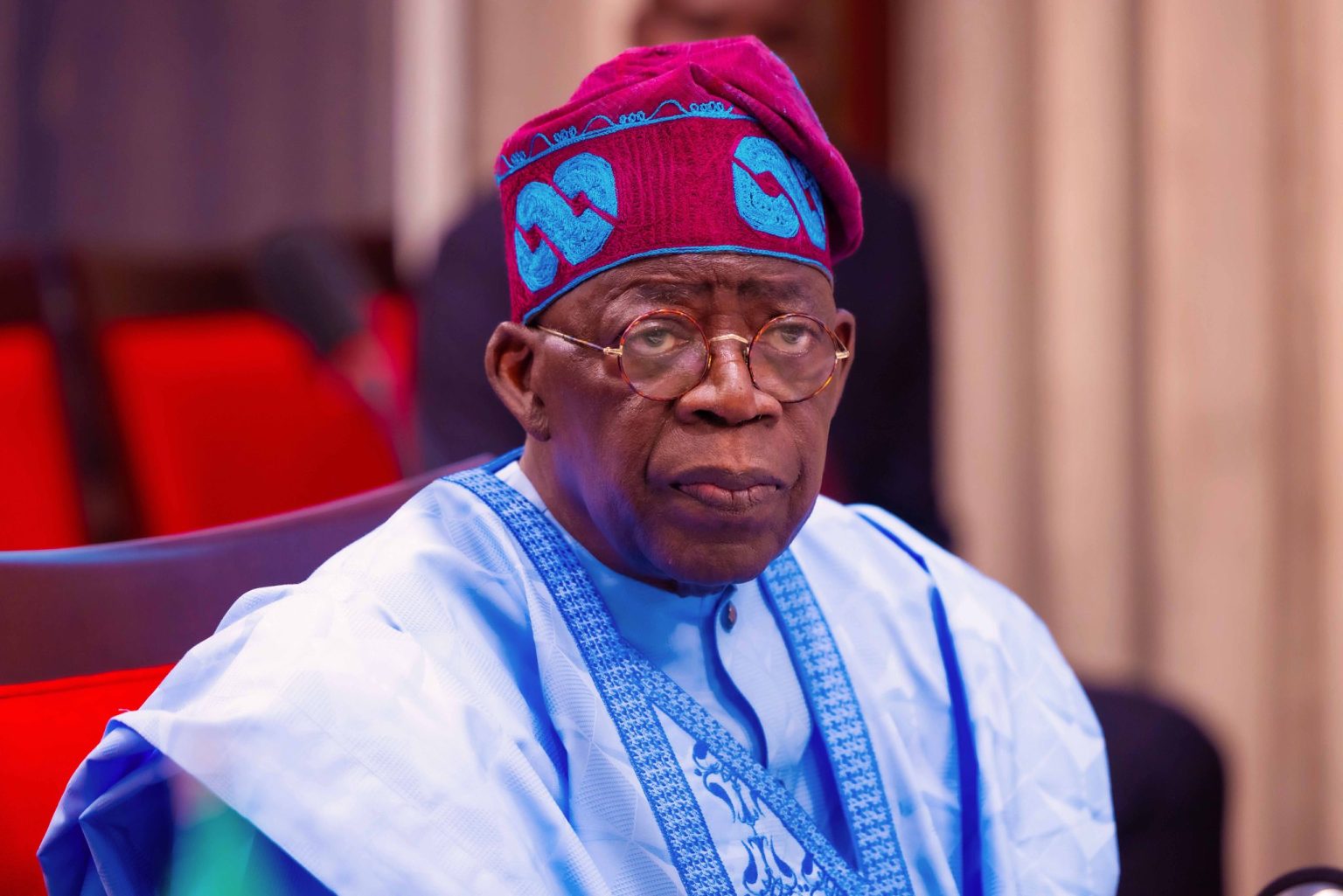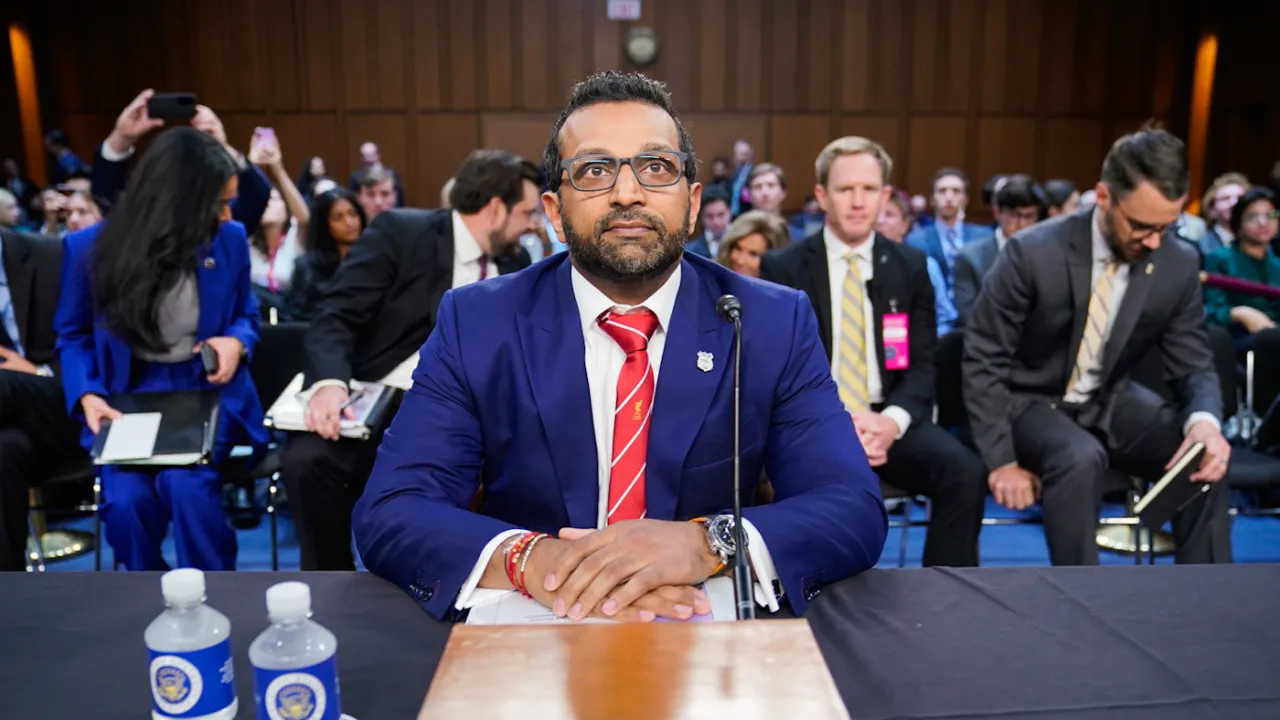Atiku Accuses Tinubu of Using Anti-Graft Agencies to Intimidate Opposition Ahead of 2027
Former Vice President Atiku Abubakar has strongly criticized President Bola Tinubu, alleging that the administration is misusing Nigeria’s anti-corruption agencies to silence and pressure political opposition figures into joining the ruling All Progressives Congress (APC). His accusations follow the recent detention of former Sokoto State Governor, Senator Aminu Tambuwal, by the Economic and Financial Crimes Commission (EFCC), over allegations of illegal withdrawals amounting to ₦189 billion.
Atiku, in a statement published on his verified Facebook account, expressed deep concern over what he described as the politicization of the EFCC. He alleged that Tambuwal’s arrest was politically motivated and part of a broader campaign to weaken the opposition coalition, which is already preparing to challenge Tinubu in the 2027 general elections.
According to Atiku, “The only reason the EFCC has detained Senator Aminu Tambuwal is due to his involvement in the opposition movement. This is yet another example of the Tinubu government using state institutions to harass and dismantle dissenting political voices.”
He further condemned what he sees as a disturbing trend, wherein anti-corruption efforts are no longer about justice but have become strategic tools for political persecution. Atiku lamented that the EFCC, which was created under his administration as part of a genuine effort to fight corruption, has now been reduced to a weapon against political rivals.
“The fight against corruption must be impartial and supported by all Nigerians,” he emphasized. “However, using that fight as a tool to intimidate opposition leaders is dangerous and must be openly rejected by civil society groups and Nigeria’s international partners.”
ADC Also Raised Alarms About EFCC’s Recent Actions
Meanwhile, the African Democratic Congress (ADC) has also raised alarms about the EFCC’s recent actions. The party accused the commission of conducting media trials and using high-profile investigations as a means to damage the reputations of opposition leaders. In a statement released by its National Publicity Secretary, Mallam Bolaji Abdullahi, the ADC decried what it referred to as “a calculated campaign of intimidation” targeting political figures such as Tambuwal, former Imo State Governor Emeka Ihedioha, and ADC Chairman David Mark—individuals who have all been out of office for years.
The party questioned the timing and selective nature of these probes, pointing out that numerous APC members with more recent and well-documented corruption cases remain untouched.
“Why investigate only opposition figures years after they left office while turning a blind eye to APC leaders currently in power with equally damning records?” the ADC asked. “A war on corruption that exclusively targets the opposition is no longer justice—it is persecution.”
In response, the EFCC issued a rebuttal, firmly denying any political bias in its operations. According to Dele Oyewale, Head of Media and Publicity for the commission, the EFCC’s investigations are solely based on available evidence, regardless of an individual’s political affiliation.
“Corruption is corruption, and fraud is fraud,” Oyewale stated. “There are no sacred cows. No one is above the law, and the EFCC does not act on political directives.”
The agency further insisted that every corruption allegation deserves to be investigated, irrespective of the time it occurred or the political context. It also noted that its current investigations include several high-ranking members of the ruling APC, including sitting governors and ministers.
Oyewale described the ADC’s allegations as “self-serving, baseless, and intended to distract from the real issue—accountability.”


